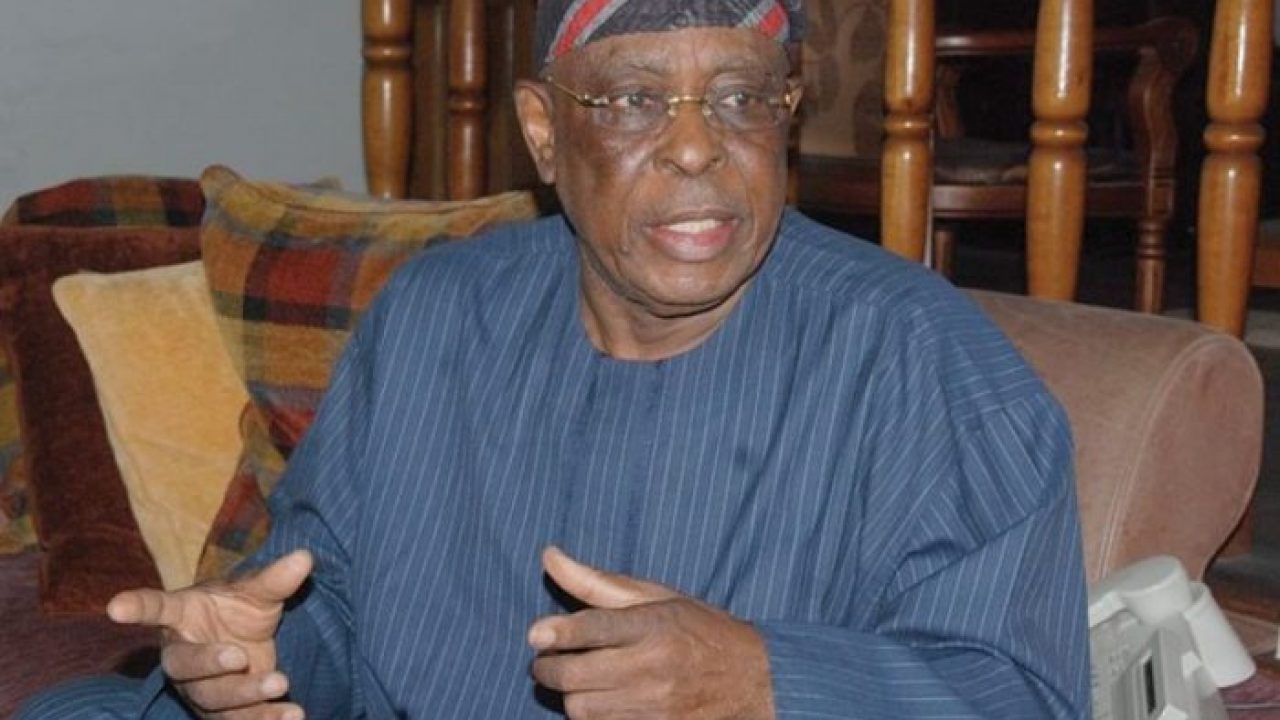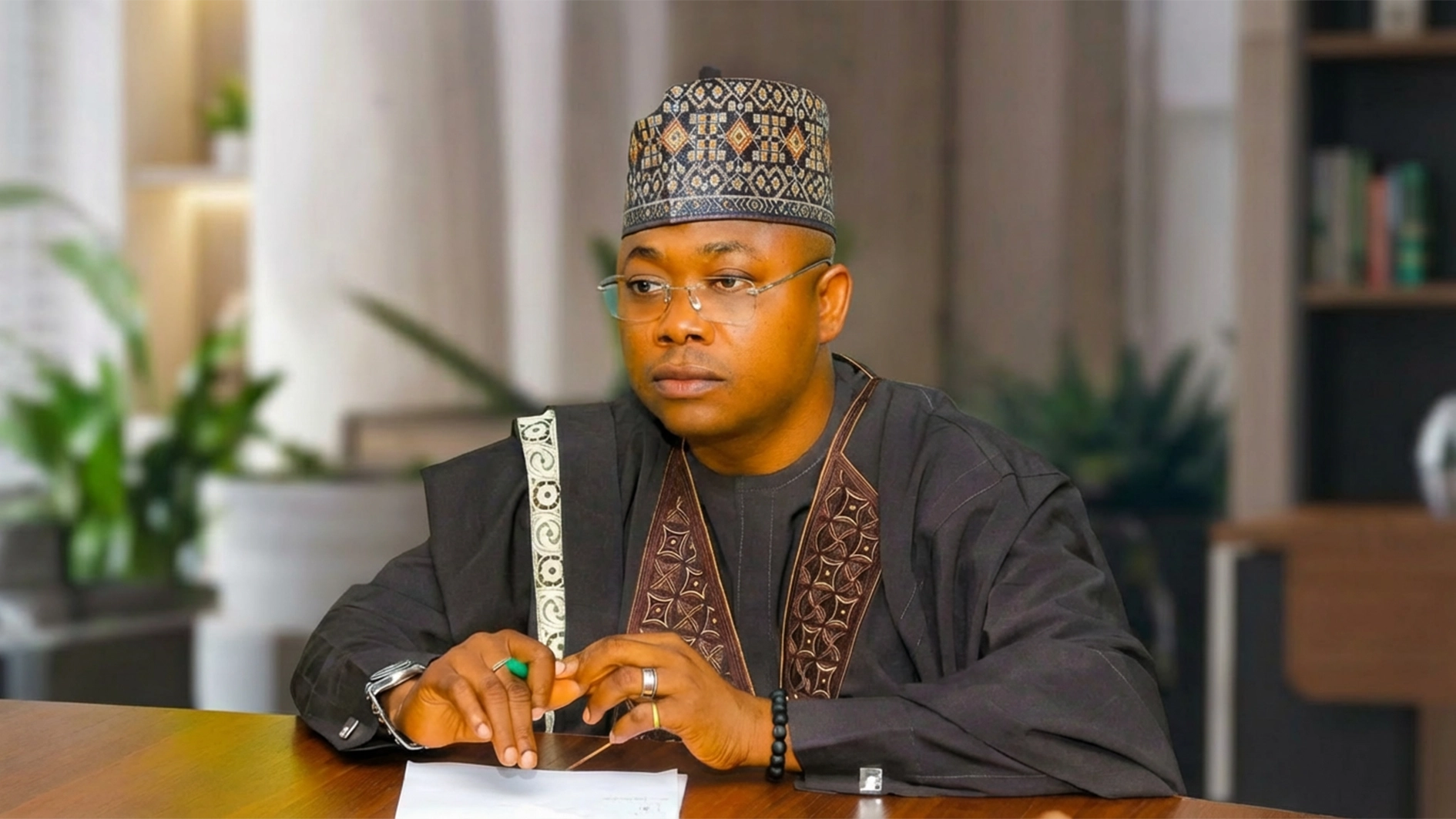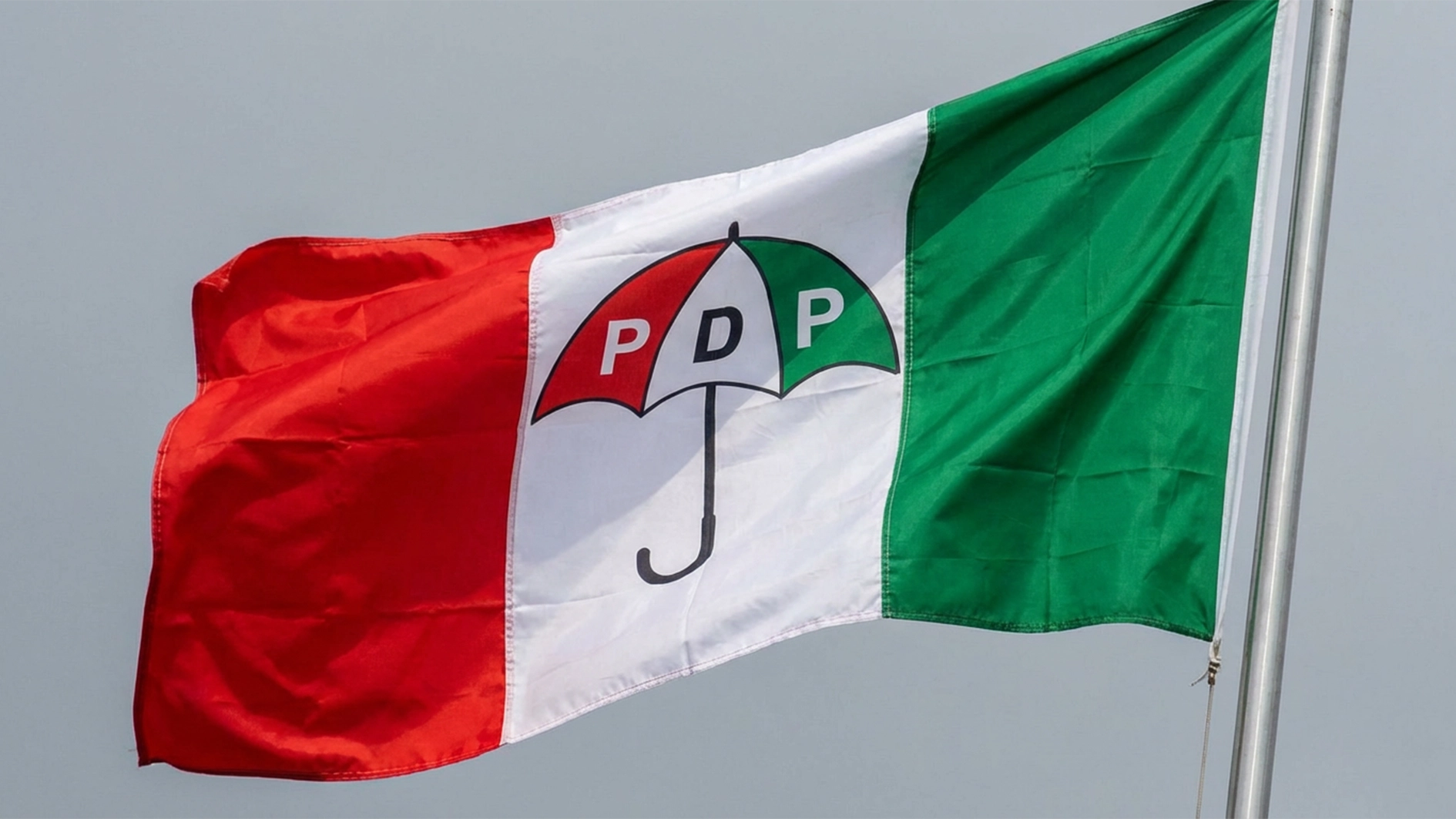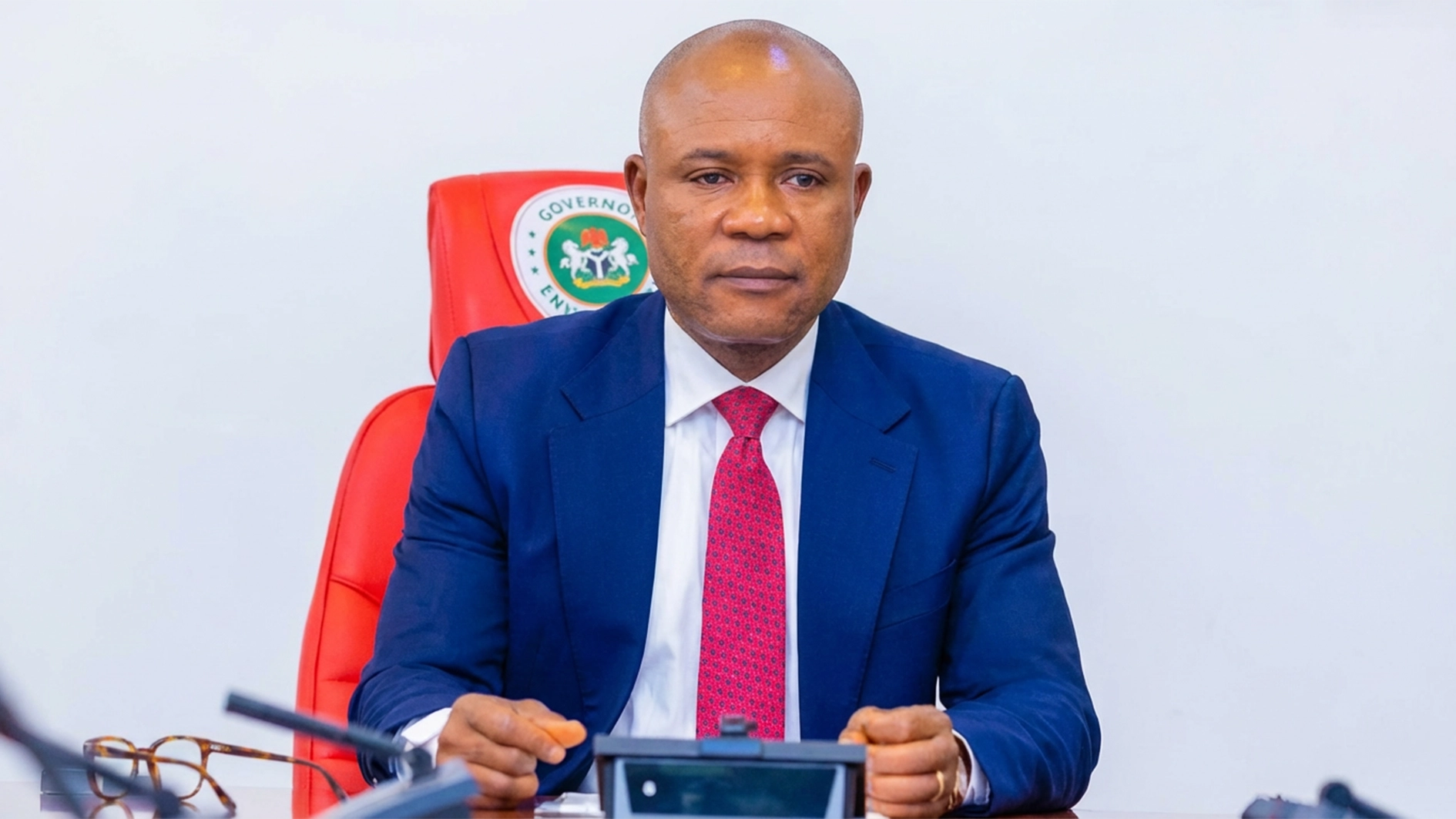
Former governor of Ogun State and founding member of The Guardian newspapers, Aremo Segun Osoba, spoke to SEYE OLUMIDE on what motivated the late Dr. Alex Ibru to establish the newspaper and how the former Minister of Interior, intimated him about transferring power of publisher to his wife, Maiden.
As one of the brains behind the setting up of The Guardian Newspapers, what will you say about the organisation at 40?
There are many unique factors in the history and foundation of The Guardian. First of all, the founder and publisher, the late Dr. Alex Ibru, had a very strong vision and all embracing idea of a high-quality newspaper patterned after The London Times, The Guardian of London, The Washington Post and The Los Angeles Times. He wanted an independent newspaper and he lived to that promise. He wanted a quality newspaper where professionals would be allowed to express their opinions and ideas freely. These are his philosophy and vision when the newspaper was founded.
What is the significance of The Guardian motto ‘Conscience Nurtured by Truth’?
That was Alex Ibru’s idea again. He was a young man of great vision patterned along his eldest brother, the late Olorugun Michael Ibru. He was endowed and the endowment gave him fortunes early in life and this led him into wanting to serve humanity through The Guardian Newspapers. When he and I started the idea of a newspaper as far back as 1977 when I left Herald Newspapers, he advised that I should not return to the Daily Times and that we should start a newspaper together. I told him during one of our discussions that the Ibru Organisation was growing so large and that a large international conglomerate like that would need a voice.
We couldn’t start the paper then because his brother, Michael Ibru was skeptical about him (Alex) venturing into a newspaper business. However, we kept on discussing the idea with his brother until he became convinced. Interestingly, Olorogun had to consult publishers around the world on how to start a newspaper business. It was after Alex got the go ahead from him that he said we should start the business. He came up with the philosophy and the motto based on his own conviction and what he wanted. And that was why we brought in Mr. Lade Bonuola, one of the pioneer staff.
I said if Alex wanted to actualise the motto and philosophy of the newspaper, he would need somebody who is deep and Bonuola is a very deep person. He is intellectually deep as a person. He paid too much attention to details against my own approach of keeping deadline.
40 years after, will you say the newspaper is still carrying on according to the vision of its founding father?
We thank God for consistency because the paper is still doing well 40 years after. Right from the beginning, Alex and I were friends. He was a successful businessman and he somehow picked interest in journalism. What bounded us together was my life as a journalist and he was always amazed that whenever we go out in the evening and I got to the gate of powerful military people, they usually accorded me special respect and honour as a journalist. So, Alex, having interest in journalism, was always wondering about that. But he kept telling me that he wanted to create a platform where journalist like me would be given total freedom, which he later did.
He kept telling me that he would love to have a medium that could be used to influence humanity for positive thinking. I told him that apart from having the philosophy and idea, was he ready to allow professionals that will run the paper a total free hands and he said yes.
Secondly I asked if he would be ready for the embarrassment his newspaper would give him occasionally and would he be prepared to close his eyes and live to the cliché of journalism and he kept those promises. I admired him for that.
First of all, he was a non-interventionist publisher. He may be uncomfortable with opinions and ideas expressed by people in their columns in the newspaper, because he had powerful writers, but he never intervened.
The Guardian editorial board was loaded with high class people. Due to the character of Alex Ibru, the likes of Shehu Musa, who was a former Secretary to the Federal Government under Alhaji Shehu Shagari, Gen. Theophilus Y. Danjuma (rtd) and others who were pioneer members of the editorial board of The Guardian were attracted to the platform.
Alex Ibru had a character of living a quality life. He lived well and believed in quality in every aspect. That was the reason he was able to attract characters who were older to him in age and those who were influencers in Nigeria to the editorial board of The Guardian. Those are the people who would not compromise their philosophies and beliefs and who cannot be bought.
What were the challenges The Guardian faced before it was established?
The challenges started with putting the staff together. For instance, once I was able to persuade him to pick Bonuola, I left the rest. Dr. Dele Cole with the late Dr. Stanley Macebuh, were the ones who brought the American system of the editorial board into newspapering. As at then, I was still on the board as Managing Director of Sketch, but Dr. Cole and Macebuh were the ones that assembled a lot of the staff together.
Early challenges that crept up started with buying the equipment for the company. Let me start with the printing press. Chief Pius Ayan was the first production executive of The Guardian. He recommended one folder of the brand-new printing Goss, but I suggested two folders. That delayed the take off of the newspaper.
Because of that delay in acquiring the printing machine, I started printing the weekly Guardian in the Sketch in February 1983. The weekly Guardian started much earlier than July 4. That was the first challenge.
Secondly, there was the newsprint challenge. We were to buy newsprint, so Alex and I spent the first week of January in Sweden. He was impressive because as a businessman, the price that they were offering for the newsprint was the same they were selling to all of us. He insisted that he was going to buy a higher volume. That was the second challenge, which he resolved effortlessly through his business experience.
There are three critical moments in the history of the newspapers, the encounter with the Buhari/Idiagbon military regime, the one with the late Gen. Sani Abacha military government and the staff/management face-off of 2007. How did the paper survive these periods?
The first issue of Buhari/Idiagbon’s confrontation with the company was over the posting of ambassadors and Alex Ibru supported the idea of investigative journalism. Thompson and Tunde Irabor were able to get intimate details about the posting, but Buhari and Idiagbon were shocked, since only the two of them discussed the issue, how then did it leak? They didn’t doubt the authenticity of the story but they wanted to know the source of their information. That led to the promulgation of Decree 4 and the government charged Thompson and Irabor to court. I was the Managing Director of Daily Times at that time.
I went to court to give evidence against the government. Then Alex Ibru told me that I should be ready to lose my job with The Daily Times. I told the court that even at the point of death, a journalist is not suppose to reveal his source of information and that the government was wrong in wanting them to reveal the source of their information. As the Managing Director of the Daily Times, it was a risk to have done that.
We faced that challenge and the two journalists were jailed.
The other issue was about the Abacha closure of The Guardian. Again, Alex Ibru accepted ministerial appointment under the Abacha regime owing to pressure from people in government. They actually came to beg him to come and serve in that government based on his antecedent, his family background, his character and image. Many of us were uncomfortable with him going to serve under Abacha, but he made a promise to accept the ministerial appointment, but that he will never allow The Guardian to be compromised, and that under no circumstances would he interfere with The Guardian as a minister. He kept to the promise. That was one of the things that provoked Abacha’s people against the company. Apart from trying to assassinate Alex Ibru, they also tried to bomb the company. They also closed the paper for over a year.
On the staff/management crisis of 2007, when the newspaper started, Alex Ibru was over-generous and spoilt his staff. I think the publisher’s generosity led to the industrial action. It was a fiasco that took its own course.
How come Alex Ibru didn’t appoint you as Managing Director of the newspaper?
If you look at the history of the paper, there was no managing director for the first two or three years. The position was actually reserved for me and why I didn’t come immediately was because I was printing the paper weekly in The Sketch. I was to be the pioneer Managing Director, but series of events aborted his idea of me being part of the family. First, I was to have left Sketch as The Guardian was going daily, but that time I was very uncomfortable leaving the late Chief Bola Ige. I said if I resigned as at when Chief Ige was in crisis, I would have been very ungrateful.
By the time the 1983 military coup happened, I was at the point of resigning from The Sketch to take up the post of managing director in The Guardian when the Buhari/Idiagbon military regime announced me as the Managing Director of Daily Times. Alex Ibru was very upset, but he later agreed that I should go and accept the offer. These are the two major issues that aborted my becoming the Managing Director of the paper.
You were the first to say after the death and wake keep of Alex Ibru that Lady Maiden Alex Ibru would become the first female publisher of a newspaper in Nigeria, how will you assess her?
I was just prophesying then and also voiced out the inner thinking of Alex Ibru before he passed on. First of all, Lady Maiden Alex Ibru is overqualified to lead the company. After she obtained her first degree in Nigeria, she did her Masters degree in America. Alex Ibru left her to build The Guardian family until he had his medical challenges and he told me that he was going to hand over the paper to his wife. And of course, it was the inner thought of Alex Ibru that Maiden Alex Ibru should succeed him and not me.
But, I believe in her because we have had a powerful lady that became the Publisher of Washington Post in America. I saw Maiden Alex Ibru as a replica of what happened in the Washington Post. I am happy she has a very strong character, brilliant, intelligent and well-educated. She has also lived up to expectations.






